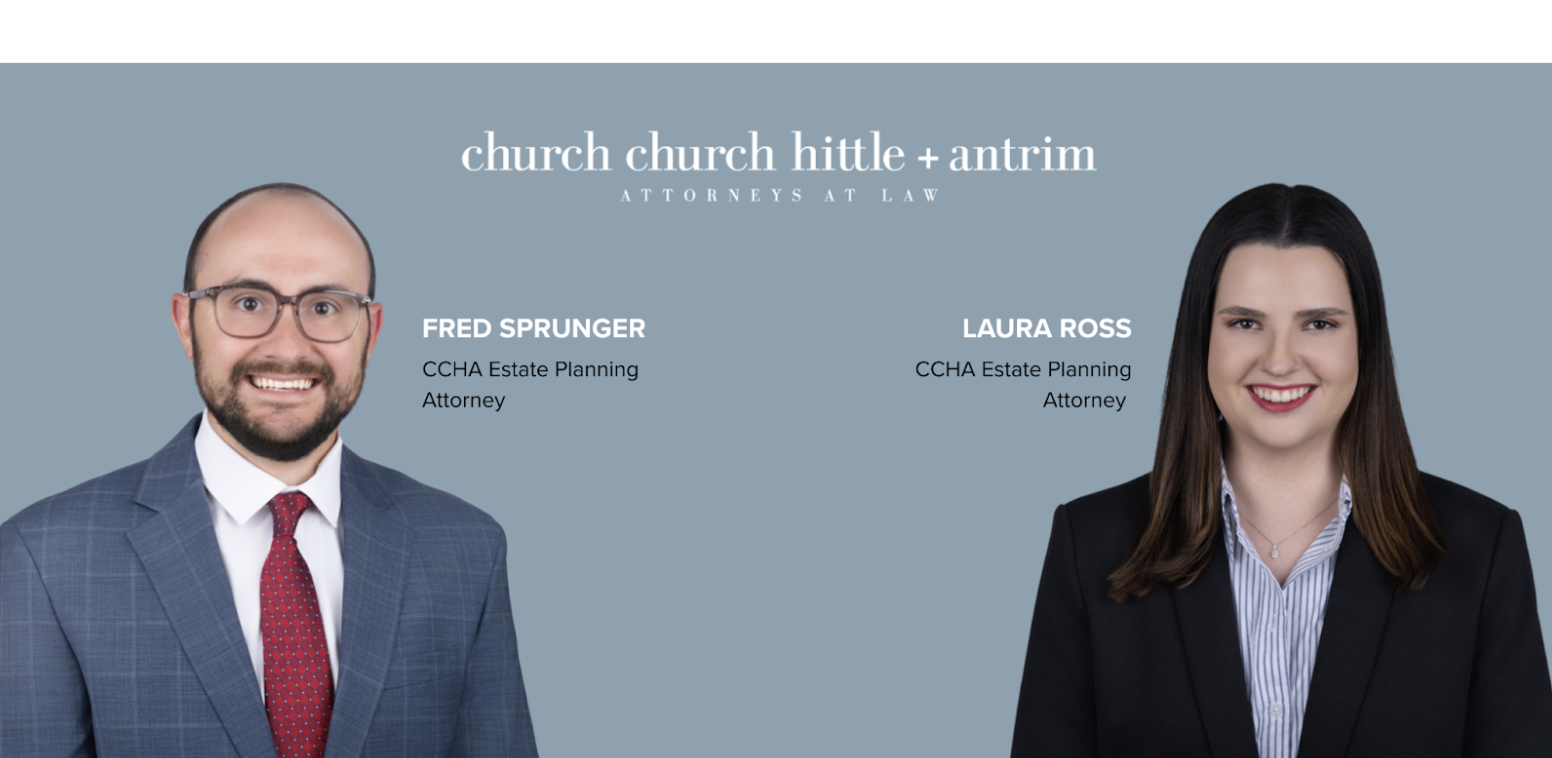Plan Ahead for 2025: Year-End Gift Tax and Estate Planning Tips
POST DATE: 11.18.25

Plan Ahead for 2025: Year-End Gift Tax and Estate Planning Tips
The end of the year is quickly approaching and with it comes an important opportunity to make smart financial moves that benefit both you and your loved ones.
As you review your finances, charitable giving, and estate plan, our experienced estate planning attorneys are ready to help you make informed decisions about your 2025 year-end tax gifts.
Whether you’re supporting family members, contributing to a favorite charity, or planning to reduce the size of your taxable estate, understanding the current IRS gift tax rules is key. Here are a few things to keep in mind.
Why Make Gifts Before Year-End?
Making gifts before December 31 can offer both financial and emotional benefits. From a tax standpoint, year-end gifting allows you to take advantage of the annual gift tax exclusion before it resets on January 1. This helps to reduce the size of your taxable estate while transferring wealth to loved ones tax-free.
Strategic gifting can also support your charitable giving goals, create opportunities for income tax deductions, and help minimize potential estate taxes in the future. Beyond the numbers, gifting during the holidays is also a meaningful way to see your loved ones benefit from your generosity during your lifetime, rather than waiting for those assets to transfer through your estate.
What Is Considered a Gift?
A gift is any transfer of money or property to another person where full value (measured in money or money’s worth) is not received in return. Gifts can include cash, real estate, stocks, or even forgiving a loan.

How does Gift Tax Work?
The donor - the person giving the gift - is generally responsible for paying any applicable gift tax. However, under certain arrangements, the recipient can agree to pay the tax instead.
While most gifts are taxable, several important exceptions apply. The following types of gifts are not subject to federal gift tax:
Gifts less than the annual exclusion amount for the calendar year
Tuition or medical expenses paid directly to an institution on someone’s behalf
Gifts to your spouse
Gifts to political organizations
Gifts to qualified charitable organizations
2025 Annual Gift Tax Exclusion
For 2025, the annual gift tax exclusion is $19,000 per donor, per recipient.
This means you can give up to $19,000 to as many individuals as you like each year without incurring gift tax or reducing your lifetime estate and gift tax exemption.
For example, if you give $25,000 to a friend in 2025, the first $19,000 is excluded, and only the remaining $6,000 counts toward your lifetime exemption.
The lifetime federal gift and estate tax exemption is $13.99 million per individual in 2025 (or $27.98 million for married couples filing jointly). Any amount you give above the annual exclusion reduces this lifetime exemption.
Non-Cash Gifts and Cost Basis
If you give property such as stocks or real estate, your cost basis (the original value you paid) generally carries over to the recipient.
For example, if you give your niece 15 shares of long-held stock worth a total of $15,000 that you originally purchased for $200 per share, your niece’s starting point for calculating taxable gain when she sells the shares would be $200 per share. If she sells one share for $1,200, her taxable gain would be $1,000. If she sold all 15 shares at $1,200 per share, her total taxable gain would be $15,000.

Tuition and Medical Payments
You can also make unlimited tax-free payments for someone’s tuition or medical expenses as long as the payment is made directly to the institution or provider - not to the individual. This is an effective way to provide meaningful financial support without affecting your annual exclusion or lifetime exemption.
Gift-Splitting for Married Couples
Married couples can take advantage of gift-splitting, allowing them to jointly give up to $38,000 per recipient in 2025 without triggering gift tax. To qualify, both spouses must consent to the split and file a gift tax return (Form 709), even if no tax is ultimately due.
CCHA’s estate planning attorneys can help prepare your gift tax return and ensure your filings align with your broader estate plan.
For more information on federal gift tax rules, visit the IRS website.
Partner with CCHA Law for Year-End Estate and Gift Planning
Before making any significant year-end gifts, it’s important to consult with both your tax advisor and an experienced estate planning attorney. The right strategy can help you reduce future estate taxes, support the people and causes you care about, and protect your financial legacy.
At CCHA Law, our attorneys help clients across Indiana integrate gift tax planning, charitable giving, and long-term wealth protection into comprehensive estate plans designed to meet their goals.
Contact us today! We proudly serve individuals and families across Indiana, with offices conveniently located in Zionsville, Fishers, Noblesville, Westfield, Tipton, Fort Wayne, Crown Point, and Boone County.
